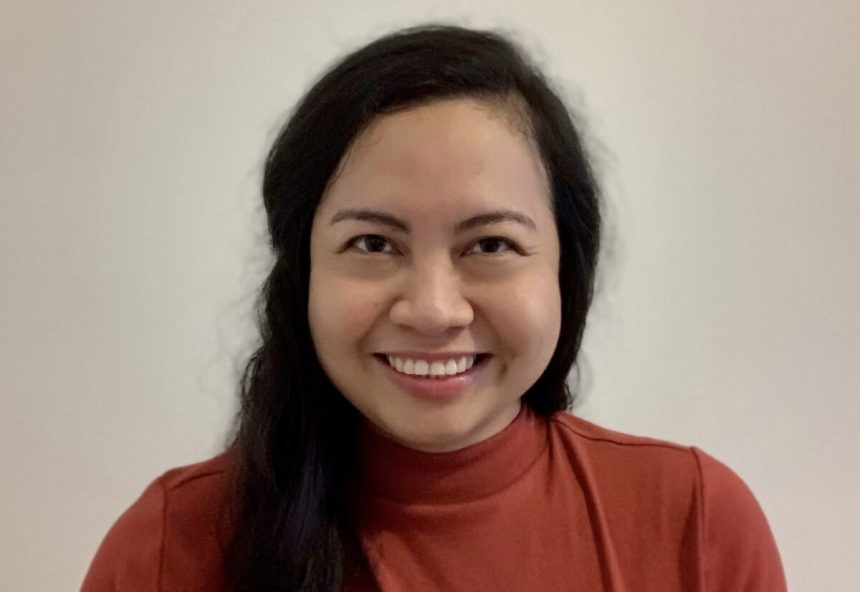
Elaine Angeles was raised in the ecologically sensitive area of Olongapo City in the Philippines. This upbringing instilled in her a deep sense of responsibility towards nature, sparking her passion for environmental science and policy.
With a background in humanitarian work, Angeles is committed to developing advanced tools for anticipatory humanitarian action. She believes in the crucial role of scientific forecasts and early warning systems in supporting vulnerable communities and minimizing the impact of natural disasters.
What motivates your interest in environmental policy?
For me, environmental policy is not just a theoretical concept—it is deeply personal. Growing up in a region prone to typhoons and natural disasters, I witnessed firsthand the devastation they bring. This drove me to pursue a career where I can contribute to improving disaster preparedness and response.
Tell us about your educational and professional journey.
Having completed my bachelor’s degree in political science, I have gained experience working in NGOs, private companies, and international organizations focusing on sustainability and disaster management. My MPA in Environmental Science and Policy from Columbia equipped me with the necessary skills to navigate the intersection of science and policy in addressing environmental challenges.
Why did you choose Columbia’s MPA-ESP program?
I chose Columbia’s program for its emphasis on practical skills and its unique blend of science and policy. The program’s structure and hands-on approach allowed me to immediately apply my learnings to my work in international organizations.
Can you share a project where you applied skills from the ESP program?
After graduating, I worked on anticipatory action initiatives at the IFRC, leveraging my newfound expertise in climate science and policy. The program’s focus on effective communication and negotiation proved invaluable in my role.
What are your future plans?
I aspire to establish a company that supports communities in adapting to climate change impacts. Additionally, I aim to conduct research on enhancing early warning systems and the evolving landscape of humanitarian aid.
Any advice for current students?
Make the most of your time at SIPA by utilizing resources, networking, and seeking mentorship. Be bold in showcasing your unique experiences and skills, and don’t hesitate to seek assistance when needed.






